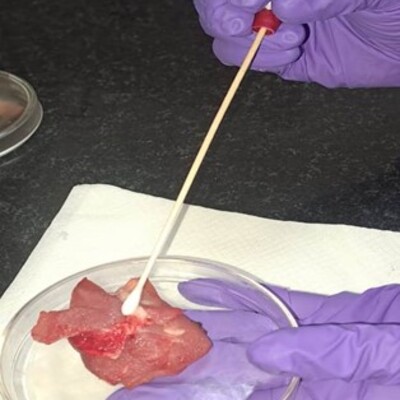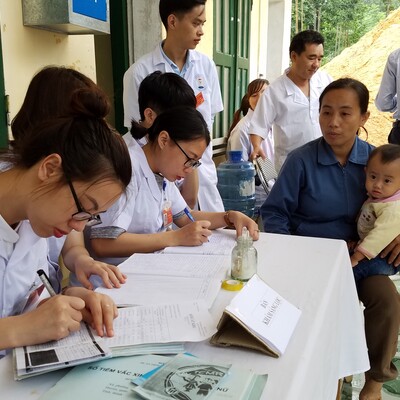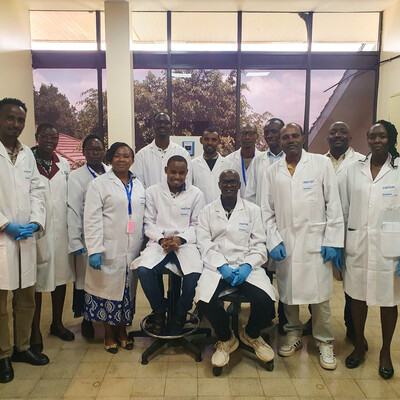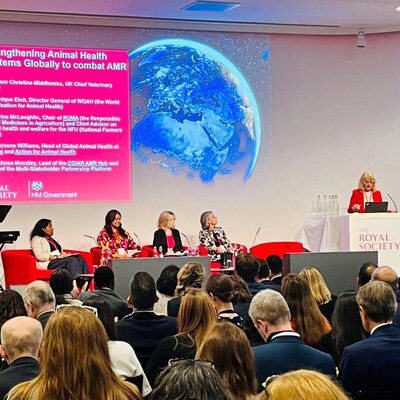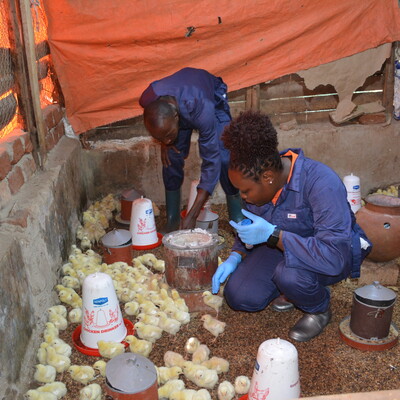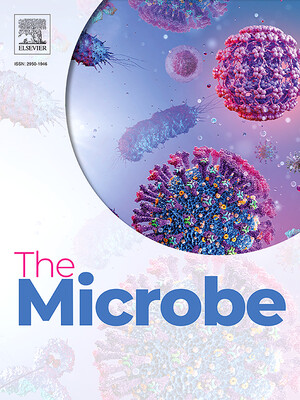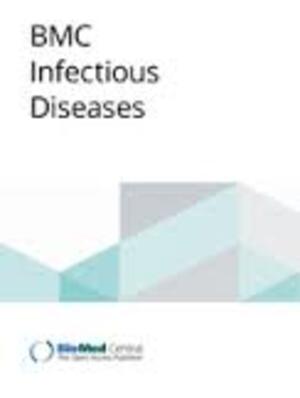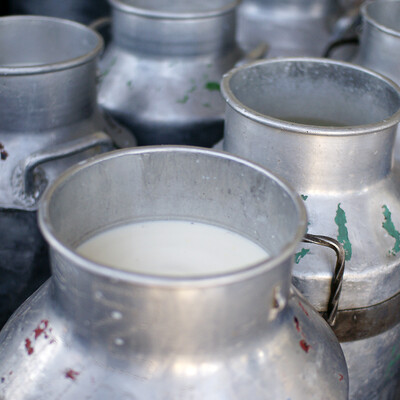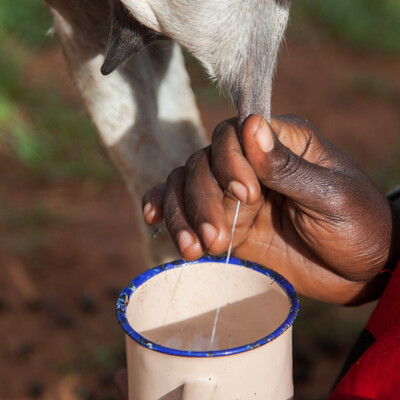
CGIAR AMR Hub strengthens partnerships and research to reduce agriculture-associated antimicrobial resistance in low- and middle-income countries
The CGIAR Antimicrobial Resistance Hub, which is hosted and led by the International Livestock Research Institute (ILRI) is working the International Food Policy Research Institute (IFPRI), World Fish and the International Water Management Institute (IWMI) to address agricultural-associated antimicrobial resistance (AMR) in low- and middle-income countries (LMICs). The research is largely supported by the CGIAR Research Program (CPR) on Agriculture for Nutrition and Health (A4NH) as well as Livestock and Fish CRPs.
AMR has been described as a silent pandemic that affects everyone. But its burden is disproportionately higher in LMICs due to the many challenges people face in these countries such as lack of access to healthcare, clean water, sanitation, and higher disease burden. Several LMICs have developed national action plans to address AMR but their implementation remains a challenge because of lack of resources and the absence of a comprehensive multisectoral approach, which is needed to reduce the burden of AMR in both humans and animals.
‘The CGIAR AMR Hub is a unique platform as it works with various strategic partners who have expertise in many different areas,’ says Arshnee Moodley, team lead of the CGIAR AMR Hub. ‘For example, ILRI’s entry point in tackling AMR is through livestock and associated environmental systems, whereas World Fish’s focus is on aquaculture in LMICs. IWMI’s expertise is well suited to address AMR in irrigated and or wastewater systems.’ Moodley adds that a global collaborative effort is needed to address the multifaceted factors that contribute to the development of AMR.’
John McDermott, A4NH program director, notes that AMR is an urgent and complex issue and its mitigation requires cross-sector cooperation. ‘Integrated agriculture and health actions are critical in addressing the problem and the CGIAR is well placed to contribute,’ he says.
At ILRI, several AMR research activities are underway. These include investigating drivers for antimicrobial use among livestock farmers, assessing transmission of AMR at human-animal interfaces, and carrying out interventions to reduce antimicrobial by using non-antibiotic alternatives such as phage therapy to control bacterial populations in poultry farms in Kenya.
Earlier this year, despite the disruptions caused by the COVID-19 pandemic, ILRI, under the CGIAR AMR Hub, was selected by the Fleming Fund to lead AMR projects across the globe. For example, in Zambia and Bangladesh, Fleming Fund fellows, who have been paired with scientists from ILRI and World Fish, are developing and improving their skills in AMR and antimicrobial use diagnostics and surveillance. While these projects are currently run virtually with online meetings and training sessions, the teams expect to commence robust activities in 2021.
World Fish has been working on addressing AMR in Bangladesh’s aquaculture. In Asia and many other parts of the world, aquaculture is a major food producing industry with high levels of antimicrobials use, posing a risk for AMR selection and dissemination. Led by the University of Exeter, World Fish is supporting campaigns to raise awareness of AMR in rural aquaculture practices in Bangladesh through digital communications.
Elsewhere, the ReWater MENA project, which is led by IWMI, is expanding the safe reuse of water in the Middle East and North Africa (MENA) region with specific activities in Egypt, Jordan and Lebanon. In Jordan, supported by the Royal Scientific Society, the Ministry of Water and Irrigation is collecting baseline data and analysing the long-term risks of reusing treated wastewater in the north Jordan Valley with a specific emphasis on antibiotic resistance genes and antibiotic residues in agricultural chains.
Javier Mateo-Sagasta, senior scientist at IWMI and project leader of the ReWater MENA project anticipates ‘the data from this study will provide a platform to understand risks associated with reusing treated wastewater in other countries and potentially provide information on transmission of resistant genes in other LMICs with similar irrigated systems.’ He says IWMI is also working to understand better the sources, transport and fate of antibiotics, antibiotic-resistant bacteria and resistance genes in aquatic environments. ‘We want to identify research priorities for modelling and system analysis, with the longer-term goal of developing a modelling framework to assess risks (to human, aquaculture, livestock, agriculture and ecosystem health) and test “what if” scenarios to support decision-making.’
At IFPRI, Devesh Roy, a senior researcher at A4NH, is conducting a macro-level analysis in India to understand the availability of veterinary-specific antibiotics using trade and industrial data, in partnership with Food Safety and Standards Authority of India. Simultaneously, a sister project led by ILRI is assessing antibiotic use at the farm level in the country.
The World Antimicrobial Awareness Week (WAAW), which is commemorated annually between 18-24 November 2020, aims to increase awareness of AMR and encourage best practices among all sectors including the general public to reduce irrational antimicrobial use and halt the further emergence of antimicrobial-resistant infections.
Learn more about the CGIAR AMR Hub projects






